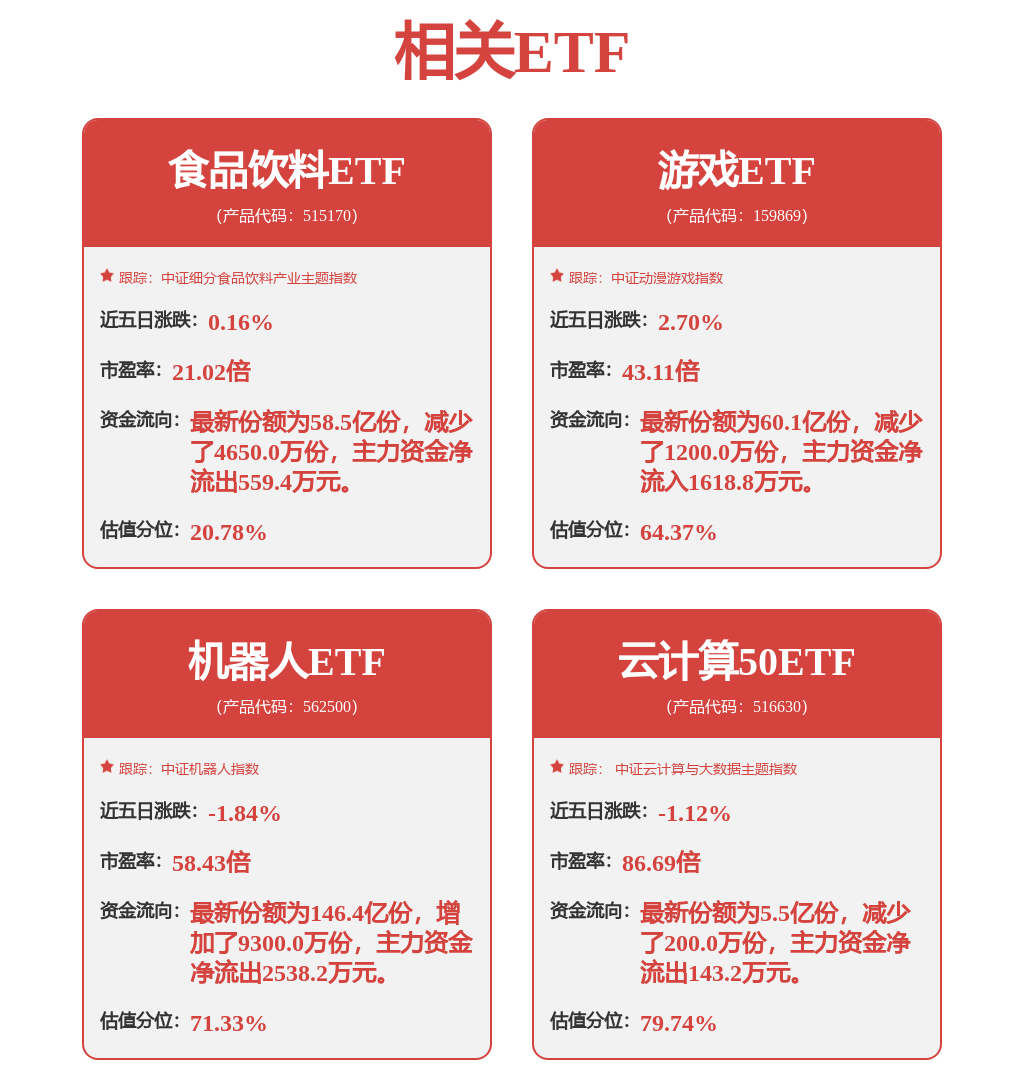Jim Asplund
Jim Asplund is Chief Scientist, Strengths-Based Development and Performance Impact Consulting, for Gallup. He is coauthor of the book Human Sigma: Managing the Employee-Customer Encounter.
Since joining Gallup in 1999, Asplund has worked with clients in the retail, financial services, manufacturing, utility, and healthcare industries, as well as the federal government. His expertise includes strategic research and consulting on how developing employees' strengths will maximize their potential and how employee and customer engagement interact to drive organizational performance.
As Chief Scientist, Strengths-Based Development, Asplund leads Gallup's worldwide research on the science of strengths. These efforts include measuring the effectiveness of individual approaches to building strengths, conducting research on the organizational benefits of strengths development, and examining the linkages between strengths development and employee and customer engagement, individual wellbeing, and organizational performance.
As a founder and director of Gallup's Advanced Design and Analytics practice, Asplund leads complex analytical projects, particularly the design of predictive models. He pioneered research to develop Gallup's HumanSigma approach, which improves organizational performance by managing the employee-customer encounter. He was the primary architect of the HumanSigma measurement system and is the principal consultant for many of Gallup's best-documented longitudinal case studies of the financial benefits of HumanSigma.
Prior to joining Gallup, Asplund spent a decade as a lobbyist and policy expert at the Minnesota Legislature, representing a diverse set of clients in the areas of taxation, education funding, utilities, land use, and economic development. Asplund earned his bachelor's degree in mathematics from Grinnell College in Iowa and his master's degree in public policy with emphasis in mathematical demography from the University of Minnesota.
Books
Human Sigma: Managing the Employee-Customer Encounter




